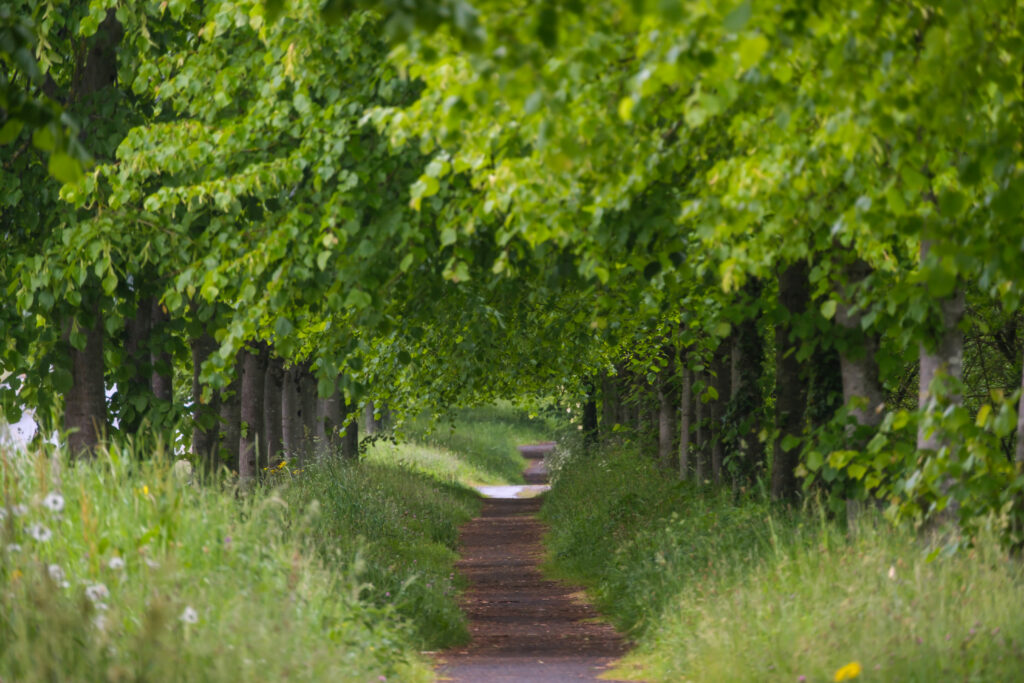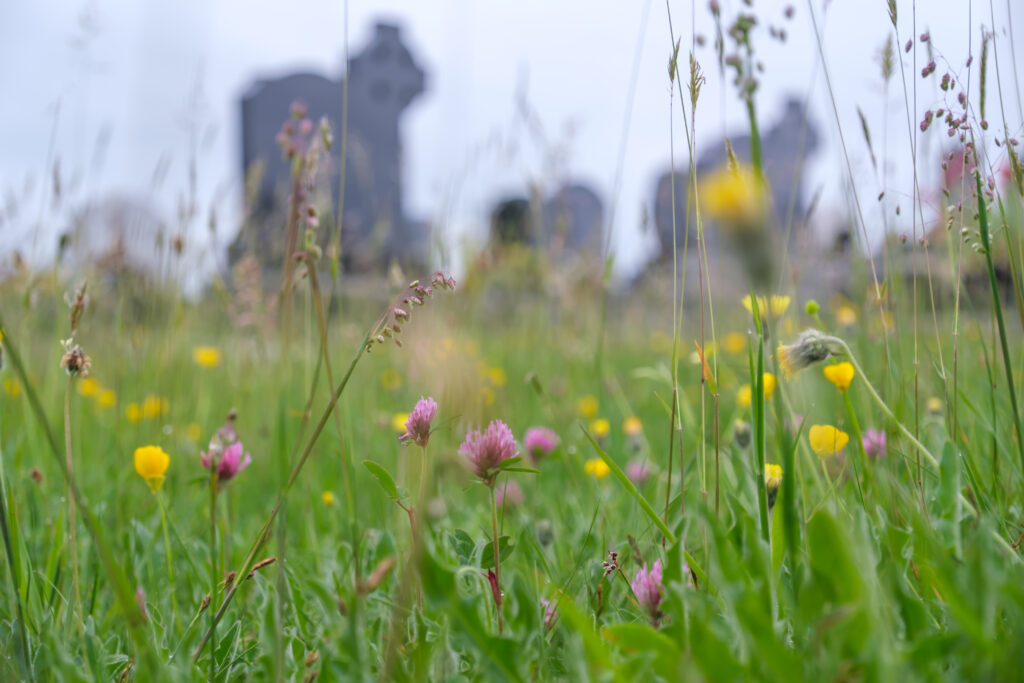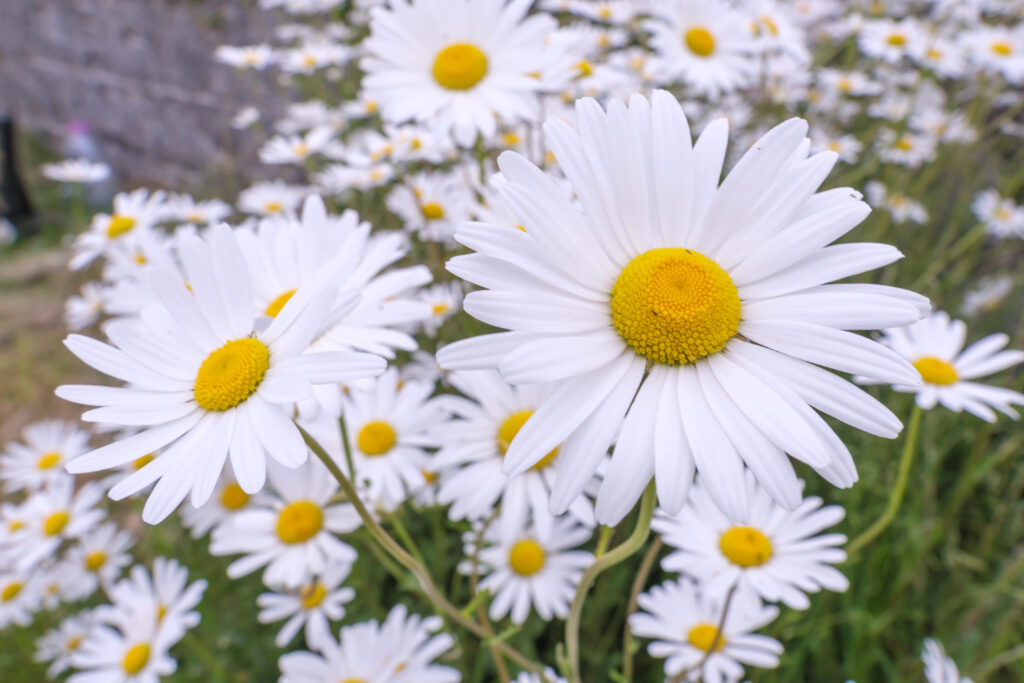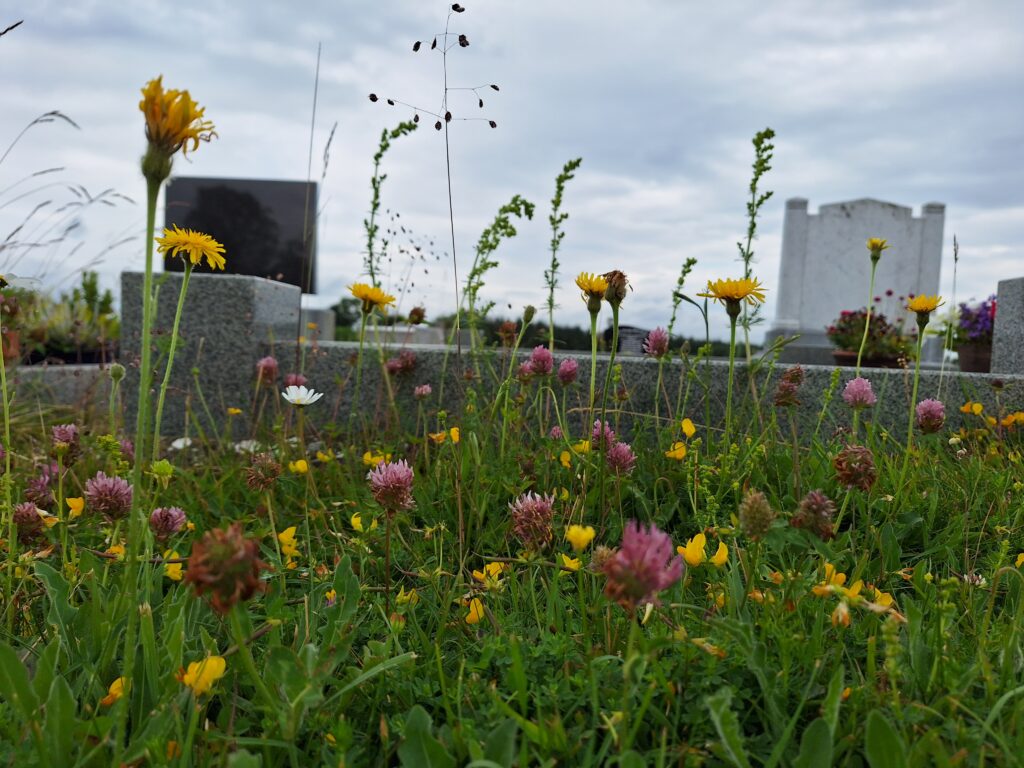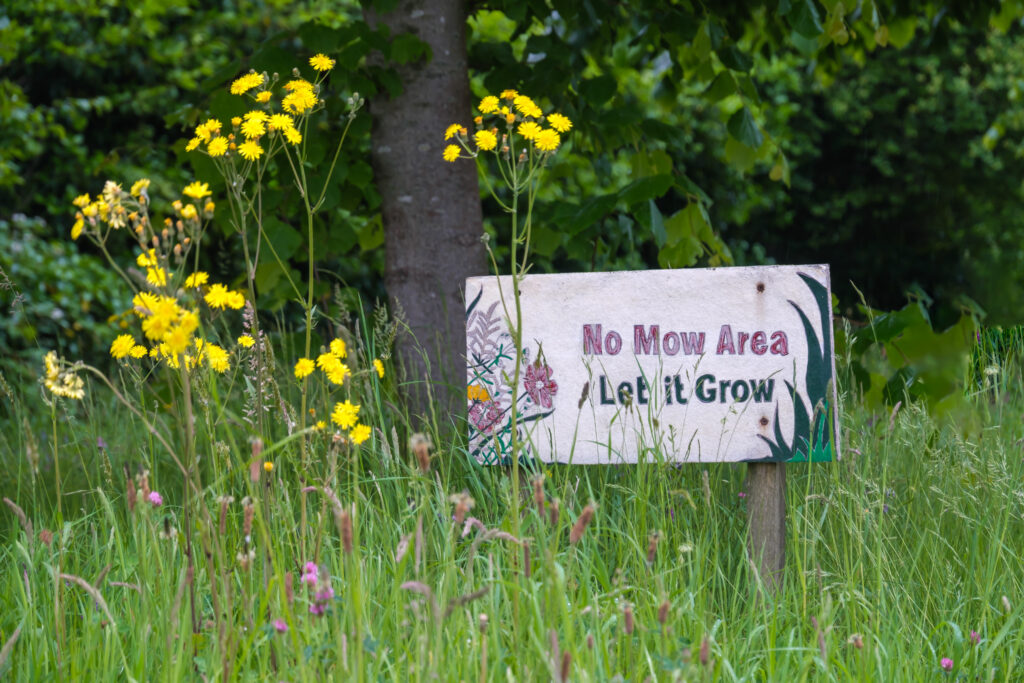Offaly County Council is proud to announce its participation in No Mow May, an initiative aimed at supporting pollinators by allowing wildflowers and grasses to bloom across selected sites under its management. This effort forms part of the council’s commitments under the All-Ireland Pollinator Plan and aligns with actions in the Offaly Biodiversity Plan 2025-2029 and Climate Action Plan 2024-2029.
The project is a collaboration between the Offaly County Council’s Heritage & Biodiversity Team, Climate Action Team, and the Municipal District Teams and showcases the commitment by Offaly County Council to protecting and enhancing local biodiversity while engaging with communities.
As part of the council’s wider grassland management project, which works alongside local residential groups and Tidy Towns committees, selected areas will be left uncut throughout May to provide vital food and shelter for bees, butterflies, and other pollinators. To ensure accessibility and tidiness, the edges and pathways of these sites will still be mown, and informative signs will be installed to raise awareness.
Pollinators play a crucial role in our ecosystem, and small changes in how we manage green spaces can make a big difference.
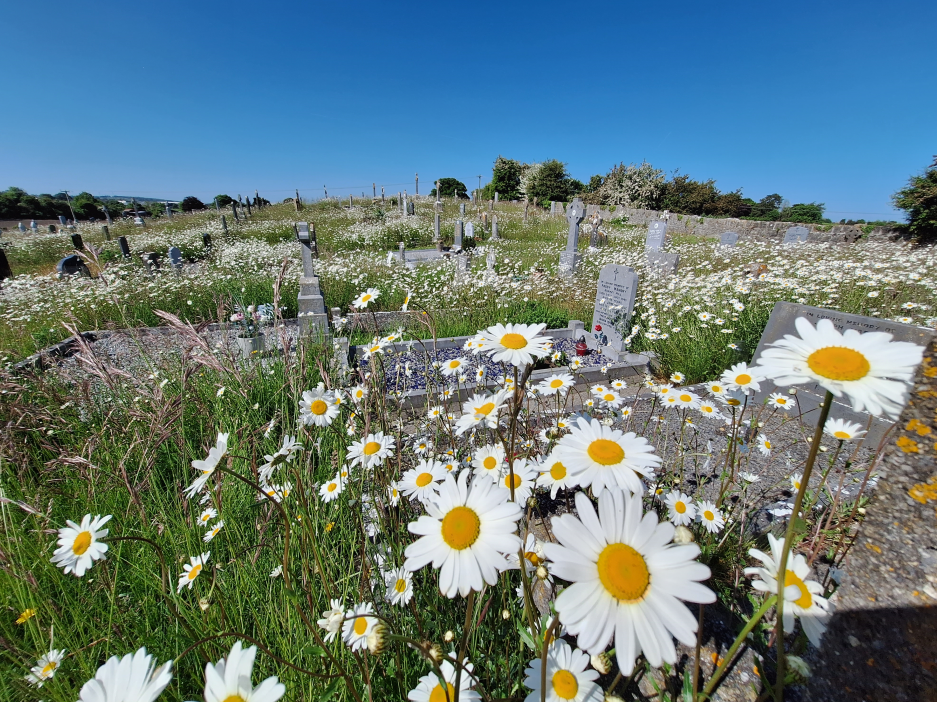
What can you do?
We can all take action together to help biodiversity.
Offaly County Council encourages residents to get involved by:
- Leaving some areas of their gardens or green spaces uncut this May.
- Learning more about pollinator-friendly actions at http://pollinators.ie.
- Share your own efforts on social media using #NoMowMay and #OffalyBiodiversity.
By not mowing your lawns or cutting back grass and hedges, wildflowers are free to bloom and grow. If you chose to put your lawnmowers away for one month, we could start creating places where pollinators can survive and thrive. Native Irish wildflowers like Dandelions, Red and White Clover, and Birds-foot trefoil are great sources of food for bees and other pollinating insects, as well as, butterflies, and birds.
One third of our wild bees are threatened with extinction. This is mainly because of hunger – there isn’t enough food to support them in our landscape. Bees are the most important pollinator of crops and native plant species in Ireland. They are a key component of our wildlife. Bees pollinate our wild trees and wildflowers, which then support other insects, which then support birds, bats, mammals and everything up the food chain with food and shelter.
Visit www.pollinators.ie to see why No Mow May is so important and how you can make a difference in your garden, school or workplace.
